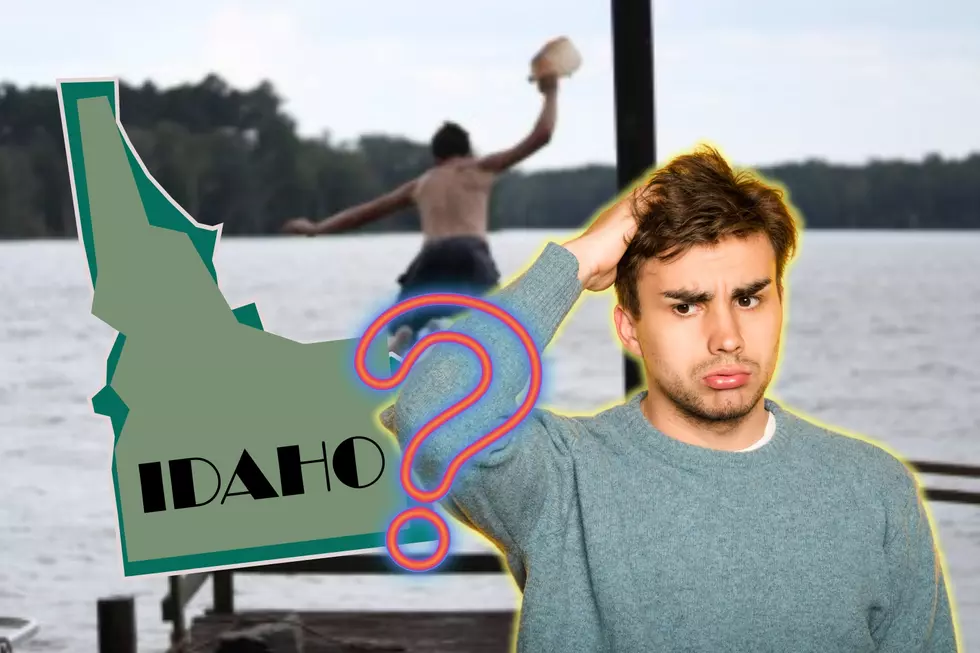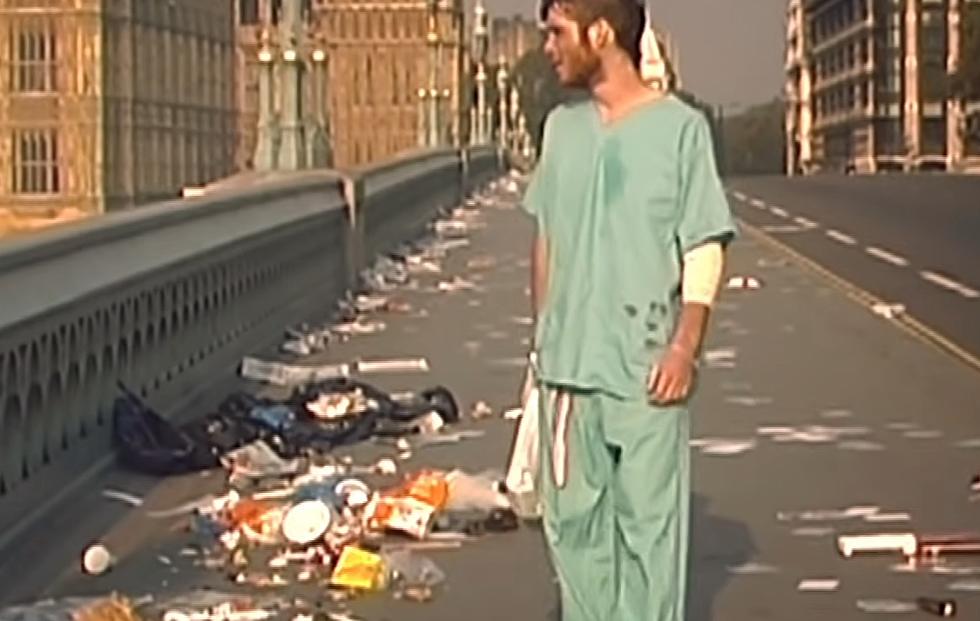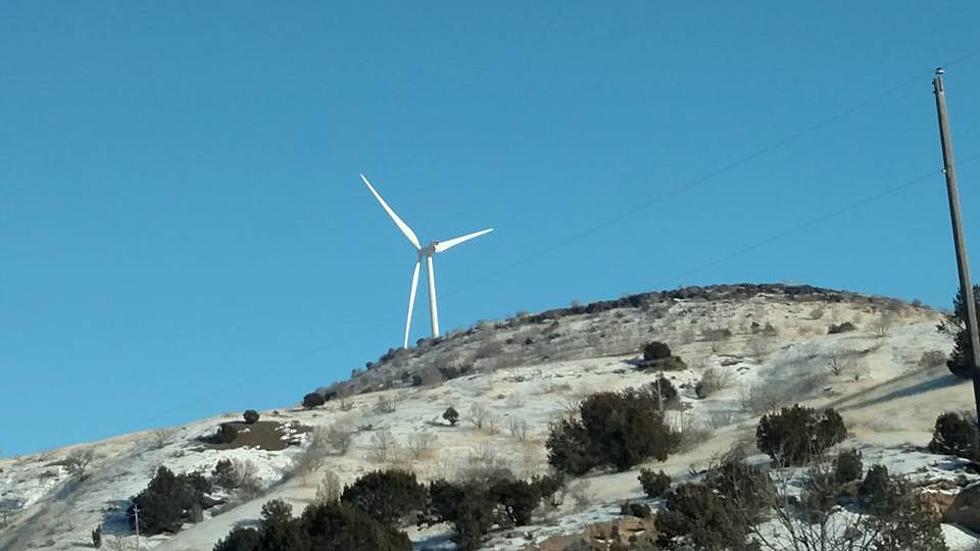
Radiation In Drinking Water
The Environmental Protection Agency has detected very low levels of radiation from Japan's damaged nuclear power plant in drinking water in two U.S. cities -- Richland, Wash., and Boise, Idaho. "These levels are very, very low, trace, minuscule amounts according to Jonathan Edwards, Director of Radiation Protection Division with the EPA. This isn't the first radiation from the Fukushima nuclear plant detected in Boise. Low levels of radiation were first detected in air samples from Boise on March 21. Minuscule levels were found in Boise's precipitation on March 22. Those levels were among the highest in the country. But they pose no public health concern, according to the EPA. Then on March 28, the EPA found very low levels of radiation in Boise's drinking water. A spokesperson for Idaho's Department of Environmental Quality says the drinking water sample taken in Boise came from a surface water source, and therefore, not surprising radiation was present, given just days earlier it was detected in precipitation. The EPA says they know the radiation came from the Fukushima nuclear plant because iodine-131 is not typically in the environment and it has a short half-life of eight days.
More From News Radio 1310 KLIX









